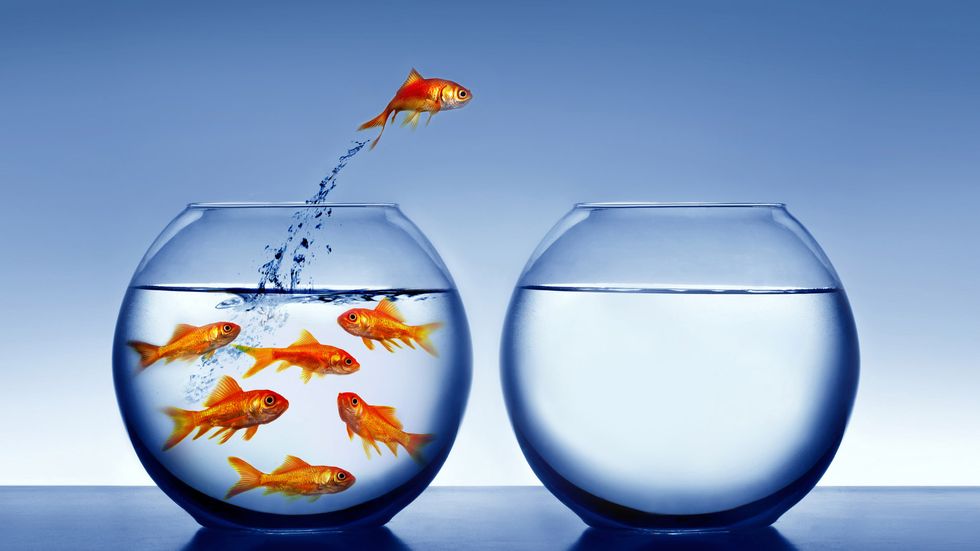Nelson Mandela once stated that ‘‘For to be free is not merely to cast off one's chains, but to live in a way that respects and enhances the freedom of others.’’ When I think about freedom, this quote is what resonates the most. However, perhaps Mandela’s words are only poignant as reminiscent of a blissful ideology rather than a reflection of a repugnant reality. With the crisis of freedom of speech that is apparently haunting college campuses, I have been pondering what freedom of speech and freedom itself really means to me. Here are some rudimentary musings on freedom.
As one contemplates the meaning of freedom, one can not help but remember the recent events of Charlottesville. Were the white supremacists, neo-Nazis and bigots disparaged for their spews of hatred only to be protected by the first amendment? The law says no. According to the Constitution, the state has the right to intervene when free speech is aimed at catalyzing ‘imminent lawless action’. Arguably, the alt-right protests were set in place to incite violence. Nevertheless, is any exception on freedom of speech, a limitation of that very right? If freedom perpetuates the disenfranchisement of minority groups and generates an atmosphere of fear, is that really freedom? In my opinion, the freedom to live without fear of one’s own life trumps freedom of speech. Free speech is not the same as hate speech, and yet the blurry line between the two reveals a contradicting nature.
Alternatively, thwarting hate speech does not prevent the dissemination of hate itself. I would rather have bigotry exposed and vilified rather than secret and insidious. Moreover, although I am fundamentally against government censorship, I stand with the practice of self censorship. If freedom is intrinsic to humans, so is compassion. If tolerance forms the basis of a free society, I would like to see individuals not take the first amendment for granted, but rather accept the responsibilities that come with it.
Apart from social and political paradigms, the meaning of freedom demands to be addressed through the economic realm as well. For two years of my life I lived in Singapore, one of the four Asian tigers. While the country is a prime example of economic prosperity, its development in other areas is not as exemplary, namely that of political dissent and freedom of speech. Singapore is a melting pot of cultures and ethnic groups. Supporters of restricted free speech claim that the nation would not have grown as much as it did in the last century if racial tensions spewed due to unregulated speech or those who publicly objected the government. Lee Kwan Yew, the founding father of Singapore, stated that ‘’Freedom of the press, freedom of the news media, must be subordinated to the overriding needs of the integrity of Singapore, and to the primacy of purpose of an elected government.’’ The example of Singapore begs the question whether there are opposing freedoms. Economic freedom, access to renowned health and educational opportunities, essentially the freedom from poverty or political freedom, the ability to question power and freedom of press.
The meaning of freedom is paradoxical, nuanced and unnerving. In this article, I posed a lot of questions and not many answers, and that is because I am still grappling with freedom and all its complexities myself. From a personal standpoint, freedom is not a complete disregard for social norms or authority but rather the ability to question these dominant doctrines. Additionally, I do not believe freedom to be compulsively living from minute to minute. I’d rather forgo the momentary happiness of doing what I want to do for the lasting happiness of being who I want to be. Freedom in that regard is losing the battle to win the war. A personal freedom that I strive for is to expand my horizons in every aspect of life. A freedom I strive for in the world is that every individual live without fear of discrimination. Freedom: to live and let live.

















